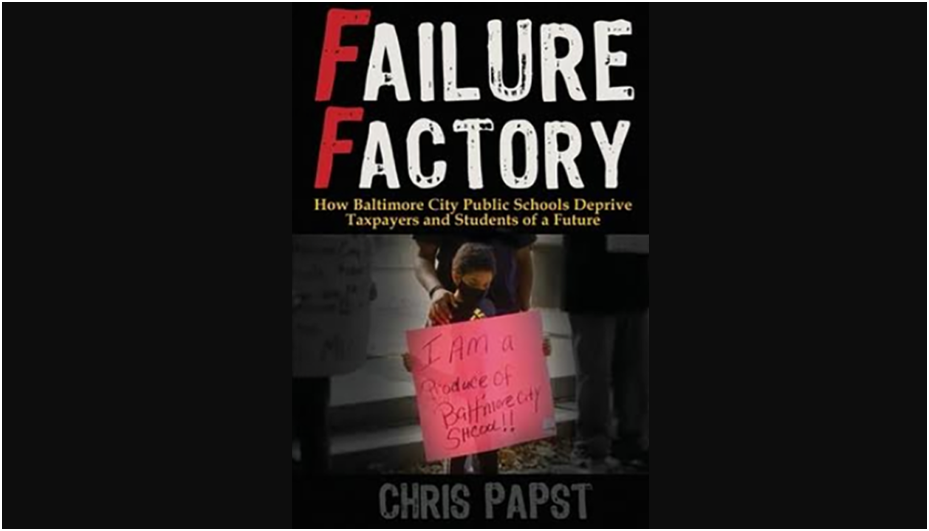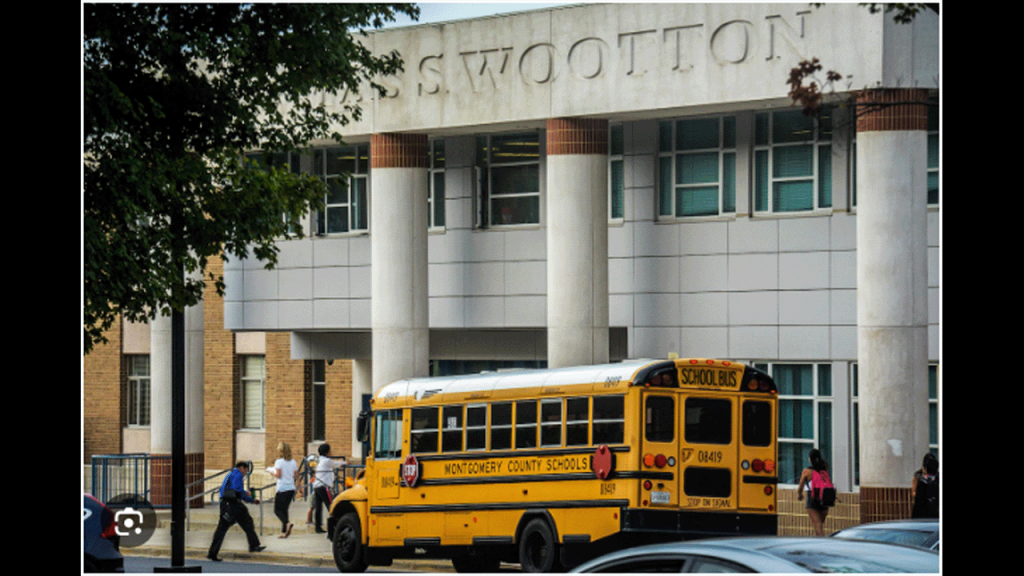
How to Reengage Parents in Their Children’s Schooling (Opinion)
I wrote recently about the opportunity (and need) to rethink the parent-educator partnership. Inevitably, a bunch of practical questions arise about how to do that. After all, for every frustrated parent who feels unwelcome or out of the loop, there’s an equally frustrated teacher who has stories of parents not showing up for meetings or not responding to phone calls.
And the reality is that there are lots of communities where it feels like the parent-school relationship has unraveled, either in apathy or hostility. Reengaging those parents starts by asking what schools can do to support parents who feel intimidated, confused, or ignored. As I note in The Great School Rethink, one of the big pluses of reaching out to parents is that it can spark a powerful positive feedback loop. Involving parents makes them feel heard and valued, which builds trust. In turn, this trust encourages parents to reach rather than lash out.
After working with school and system leaders on this kind of thing for more years than I care to recall, I find there are four areas that can be especially good to start.
Get a better picture of parent engagement. Oddly, as much as school leaders talk about the value of data and engaging parents, many schools have little reliable information on where things stand with parent engagement. To help with that, Harvard University’s Karen Mapp has created a free 41-question survey that school officials can download. She urges administrators to form a team of parents, community members, teachers, and students to distribute the survey to parents—either online, by hand, or both. The results can illuminate existing relationships, spotlight needs, and suggest next steps.
Bolster parent-teacher interaction. Arizona’s Creighton school district has worked to broaden parent engagement by having each family participate in three teacher-hosted, 75-minute small-group meetings during the school year. At the meetings, teachers walk parents through student-performance data in simple, bar-graph formats. This not only gives parents the chance to see how their child is doing but gives them the opportunity to meet other parents, discuss student performance with them, and feel more attached to the school community. (This matters most for parents who may otherwise feel marginalized or disconnected.) Parents and teachers collectively set academic goals for the next 60 days and revisit those at each meeting.
Create school materials with parents in mind. The program Teachers Involving Parents in School Work advises teachers to create homework that features tips for parents on how best to assist and also requires students to talk to their parents about their assignments. Don’t just encourage parents to help with homework; the point is to give students homework that invites parental involvement and tells parents how they can help. Solicit ideas from parents as to what they’d find useful and include relevant advice and discussion in school communications.
Build a parent education program. The Boston Parent University at the Boston school district offers classes for parents and family members on a variety of topics, all linked to the district’s learning outcomes. In every course, including a cooking class, parents are taught skills that equip them to support their kids academically. School leaders are able to reach out to Parent University, which hosts classes at schools or community centers when they see a need on campus, with staffing mostly provided by external community organizations.
A healthy family-school partnership is about both educators and parents helping each other do better. If that’s not where things stand, and especially if the parent-school relationship feels toxic, there’s usually plenty of blame to go around. In such cases, educators and school leaders can feel like these kinds of steps are pointless. I think that’s exactly backward. It’s in those cases that these kinds of good-faith measures are especially valuable first steps. They won’t fix dysfunctional relationships, but they’re an important place to start.
Dig Deeper With Our Longreads
Newsletter Sign up to get our best longform features, investigations, and thought-provoking essays, in your inbox every Sunday.
The MEN was founded by John Huber in the fall of 2020. It was founded to provide a platform for expert opinion and commentary on current issues that directly or indirectly affect education. All opinions are valued and accepted providing they are expressed in a professional manner. The Maryland Education Network consists of Blogs, Videos, and other interaction among the K-12 community.









